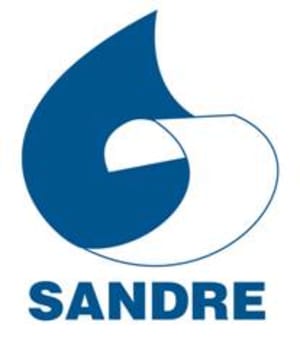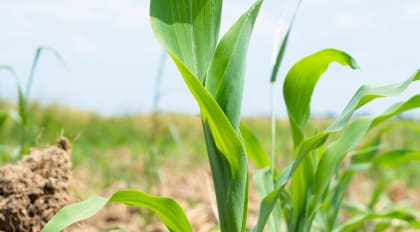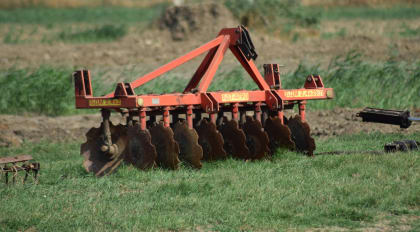
Interoperability

Changes in water management and environmental regulations since the 1990s have led to a better understanding of water and its environments through the acquisition of vast public and private data sets on water, soil, subsoil, air, climate and other environmental factors.
This phenomenon has accelerated significantly in recent years through the advent of remote data collection equipment, the open and citizen science movements, the shift to open data and, more generally, a collective recognition of the importance of data as a key resource in building knowledge to support decision-making and action in favour of the planet.
The sheer volume, speed of generation and variability of environmental data require the use of specific technologies and analytical methods, which OiEau has been developing since its inception. Data analysis (regulation, persistence, integrity, etc.) is at the heart of OiEau’s strategy and is applied at all levels, With these considerations in mind, OiEau develops interoperable information systems for the effective management of water and environmental data in France, in Europe and worldwide, with customers and partners in 60 countries. Interoperability refers to the ability of a computer system to connect and communicate with other systems without access or implementation restrictions. OiEau-designed information systems are specifically built to meet requirements in terms of semantic interoperability (through common ontologies) and technical interoperability (through standards, protocols and micro-services).
OiEau draws on a permanent team of multilingual scientists with broad-based expertise in the fields of water and environmental management, digital knowledge management and development, data quality and standardisation, IT development and digital infrastructure. OiEau also has hosted IT infrastructure through which it disseminates and maintains the security of data online. As a result, OiEau is able to conduct numerous interoperable information system design projects at all scales (local, city, regional, national and international) and cover the entire data value chain.
Upon request, OiEau can:
- conduct diagnoses, situation reports and state-of-the-art reviews
- build and facilitate networks of stakeholders
- develop organisational and steering arrangements
- establish interoperability principles through standards and frameworks
- write specifications and technical guides
- collect, process, analyse and disseminate data, including geographical data
- develop/integrate and host online services and websites
- provide training and technical assistance
- establish quality controls in accordance with the ISO 27001 and 9001 standards for information systems.











